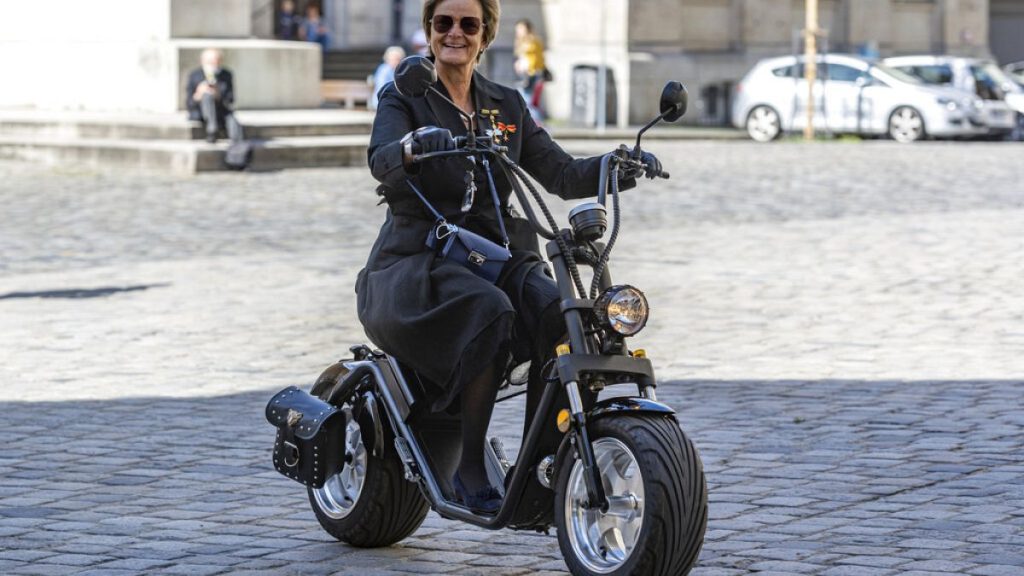US Justice Samuel Alito disclosed that he accepted concert tickets worth €810 from German princess Gloria von Thurn und Taxis on a new financial disclosure form. Thurn und Taxis is known for her ultra-conservative political views and support for far-right parties like Germany’s Alternative for Germany (AfD). Alito’s disclosure comes amid heightened scrutiny of ethics at the Supreme Court, with recent criticism over undisclosed trips and gifts from wealthy benefactors to some justices. Alito’s disclosure also included stock sales and a loan from a financial services firm, as well as previously undisclosed travel expenses that he defended as exemptions for personal hospitality.
The other eight Supreme Court justices filed their financial disclosure forms in June, with Justice Clarence Thomas acknowledging belatedly more travel expenses paid by Republican megadonor Harlan Crow from 2019, including a hotel stay in Bali and lodging at a private club in California. Alito, for his part, had taken a private plane trip in 2008 to a luxury Alaska fishing lodge from wealthy Republican donors, which was reported by investigative news site ProPublica. The justices recently adopted an ethics code, though it lacks enforcement mechanisms, treating travel, food, and lodging as expenses rather than gifts. Some Democrats, including President Joe Biden, have pushed for a binding code of conduct and enforcement mechanism, but passage in Congress is seen as unlikely.
The annual financial disclosures provide a partial picture of the justices’ finances, as they are not required to disclose the value of their homes or their spouses’ salaries. Justice Ketanji Brown Jackson also disclosed receiving concert tickets as a gift from singer Beyoncé, valued at more than $3,700. Several justices reported six-figure payments as part of book deals, in addition to their salaries ranging from $298,500 to $312,200 for Chief Justice John Roberts. The calls for a binding code of conduct and enforcement mechanisms come as justices’ ethics practices have come under increased scrutiny in recent years.
Alito’s disclosure of concert tickets from a German princess and other financial details highlights the complexities of navigating ethics rules at the Supreme Court. With justices not required to attach monetary values to expenses like travel, food, and lodging, the system lacks transparency and accountability in determining whether potential conflicts of interest exist. The adoption of an enforcement mechanism for the ethics code, backed by some justices like Elena Kagan, faces hurdles in a polarized Congress. The issue of ethics and financial disclosures at the Supreme Court is likely to continue to be a point of contention and debate, as calls for greater transparency and accountability grow louder.
The public scrutiny of Supreme Court justices’ finances underscores the importance of maintaining high ethical standards in the judicial branch. Justices like Alito, Thomas, and others have faced criticism for their dealings with wealthy donors and benefactors, raising questions about potential conflicts of interest. The recent disclosures shed light on some of the financial dealings of the justices, but the lack of required disclosure for certain aspects of their finances leaves gaps in understanding their financial ties. Moving forward, the debate over ethics at the Supreme Court is likely to continue, with ongoing calls for a more robust code of conduct and enforcement mechanisms to ensure transparency and accountability in the highest court in the land.


